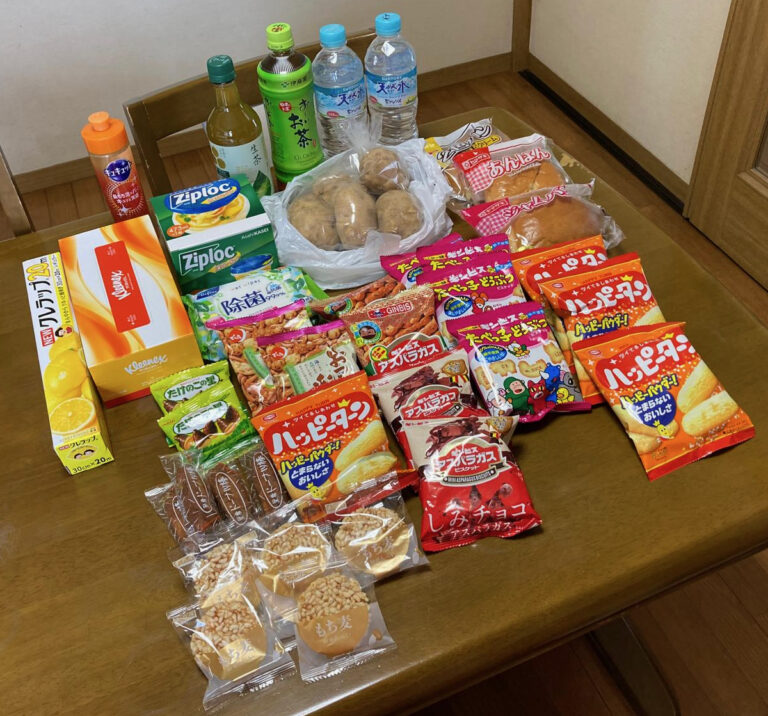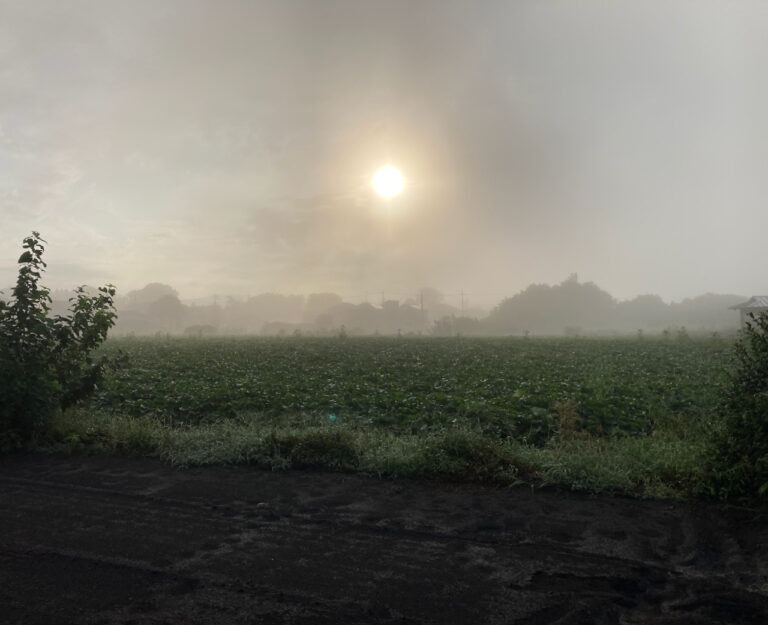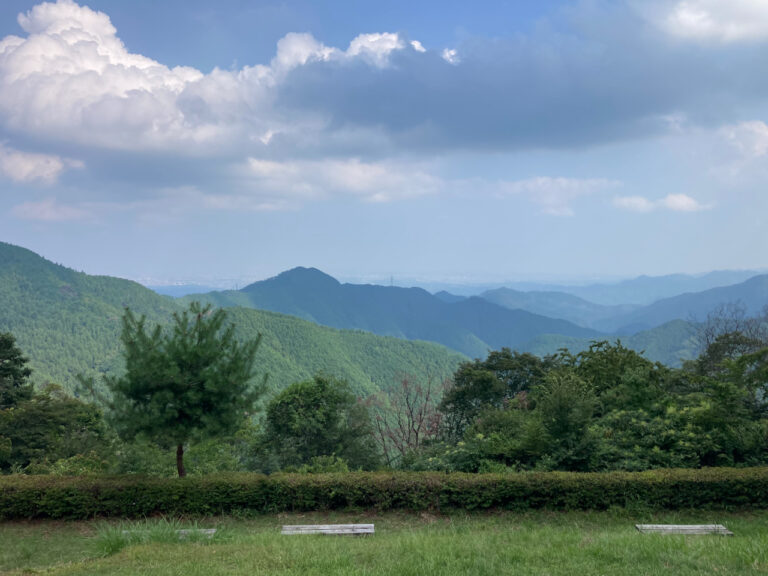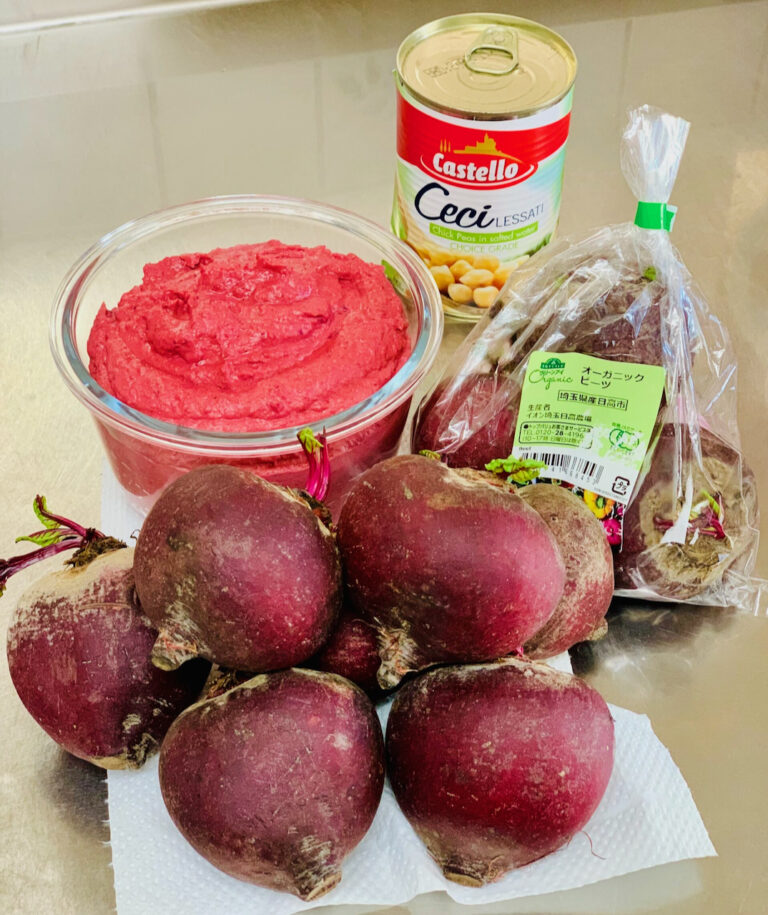A lot like getting married, moving to Japan was something I had decided to do with some trepidation, but once I got used to the idea, something that began to appeal more and more, so that by the 11th – about a week and a half before we were due to leave – I was positively busting to get on the plane and begin my new life as an expat. The earthquake didn’t change my mind at all, it just gave the idea of moving a very stern slap in the face and told it to sit down and be quiet until further notice. The key question was, were we still going to go? And apart from one or two mornings when Mrs M and I woke up to yet more apocalyptic news reports, neither of us seriously considered changing our minds.
There were many reasons for this; we just had to make sure we were prioritising them correctly. At one end of the scale, part of me was worried that because our preparations were almost complete, to turn back now would make us look rather silly: not only would we see people again to whom we had already said our goodbyes, but we would also have to tell our new tenants to look for another flat. At the other end of the scale, part of me was worried that, frankly, we would turn up in Japan, be exposed to dangerously high levels of radiation, and suffer a slow and painful death.
The more I read in the papers and on the internet, and heard on the news, the more it became clear that death – even mild discomfort – was highly unlikely. Nevertheless, the combined forces of the media to induce panic and irrationality are difficult to resist, and I could see how ridiculous we had begun to look to some of our friends, when everyone else with white skin was getting the hell out of Japan, and when we appeared to be embarking on the most ill-timed family visit in human history. Right up until the point we had arrived in the country and stayed the night at a hotel in Osaka (our flight had been redirected by Lufthansa, who were not keen to subject their air crews to any undue risks by landing in Tokyo), I was standing at a computer in the hotel lobby for a good half an hour after breakfast, going through the results of Google searches for ‘radiation levels Japan’ and ‘放射線量’ with the proverbial fine tooth comb.
Once we had arrived in Ibaraki, however, it became clear that life in this part of the country was almost back to normal, despite the motorway being punctuated with speed bumps from where it had only just been repaired (on one particular stretch of the Joban Expressway in Ibaraki, the earthquake had opened up a six-foot deep chasm in the slow lane), and the roofs of perhaps one in every five houses being concealed beneath blue tarpaulins and gaffer tape where their tiles had been shaken loose. Partly because of road closures, there was even a traffic jam heading north into Hitachi-ohta: very few of the town’s 15,000 or so residents appeared to have run away, and nor did they seem concerned that the Fukushima Daiichi nuclear power plant lay just 100 kilometres further north. Our reunion with otoh-san, okah-san and onii-san wasn’t unduly emotional, the electricity, gas and water were back on, and we soon sat down to a hearty dinner, whose ingredients included spinach hand picked that week from the family allotment (several types of leafy vegetable – and spinach in particular – originating in Ibaraki, Fukushima and other nearby prefectures have been banned from sale due to abnormal (I’m going to refrain from saying ‘high’) levels of radiation found in samples earlier in the week).
Since then, I have found many myth-busting articles about why we should learn to stop worrying and love radiation (here, here and here, for example), although I suspect that our friends and relatives in the UK are still dubious. I was brought up to always be suspicious of what the government and the media told me, and with some justification: justification that includes such incidents as Chernobyl, and a lesser known nuclear accident that occurred just down the road from where I now sit, in a place called Tokai-mura. In Chernobyl, the authorities sat back and told people not to panic, that everthing was fine, and that it was OK to carry on drinking the milk and the water, and living their normal, day-to-day lives. In Tokai-mura, the power company sat back and told its employees not to panic, that everything was fine, and that it was OK to carry on with their normal working day. In both cases, and down the years in other places like Sellafield, the public have learned that it is best not to trust what they are told, so that now, even when the Japanese government and the Tokyo Electric Power Company have done their best to be completely open about what is happening at Fukushima, very few people truly believe them. And because the science of what is going on is so difficult to grasp (particularly when explained by a man in a white coat and thick glasses with no concept of how to put something across in layman’s terms), the automatic, fall-back response is to assume the worst and act accordingly.
I don’t want to go into too much detail, but one blindingly obvious thing that both Japanese and foreign news channels could do to make us all breathe more easily (in both the literal and metaphorical senses of the phrase), would be to stop confusing us with units of measurement. Even after many hours of research, I am still far from certain about the exact ratios involved, but basically, a severt is a fairly hefty chunk of radiation, a millisevert is a fairly small chunk of radiation, a microsevert is an incredibly small chunk of radiation, and a becquerel is an infinitesimally small chunk of radiation. So why oh why oh why do journalists insist on using becquerels to describe the radiation levels found in Tokyo tap water? Or, if they really do have to use becquerels to describe this, why don’t they use becquerels to describe everything else as well (such as the radiation levels found a couple of hundred metres from the exposed fuel rods of Fukushima Daiichi)? If only we, the humble viewers, were granted this one small concession to comprehensibility, we would suddenly find ourselves armed with information we could easily absorb and understand, and more to the point, we would suddenly realise that drinking the tap water in Tokyo is approximately as dangerous as diving into a swimming pool full of cotton wool and marshmallows, whilst wearing safety goggles, ear protectors, steel toe-capped boots, a hard hat, a hi-vis vest, a padded gorilla suit, and simultaneously wrapped in sixteen high-tog-rated goose feather double-duvets.
But anyway, while the situation in Miyagi, Fukushima and Iwaté is far from happy – many people have yet to take their first proper bath since the quake, and at the moment of writing, the weather forecast for Tohoku still incudes snow – here in Ibaraki, everyone is doing their best to lead a normal life again. I had wondered before we came here if I might be called upon to help ‘rebuild the country’, or at least hand out rice balls to evacuees, but instead, I have had my job interview, started looking for an apartment, browsed the aisles of the nearby second-hand furniture shop, and even had a bit of a play with some snazzy looking new mobile phones. The TV is awash with advertisements (or rather, public service announcements) exhorting the Japanese to pull together, be strong, help each other, do their best and so on, and the best way of doing this – as we Brits can relate to from our own and equally renowned Blitz-based collective consciousness – is to get on with things; to Keep Calm and Carry On.





I’d love to see you wearing the swimming gear you describe! Ax
Hello Tom,
Please keep doing this blog, it’s v good.
I hope you’re in good health and if work ever permits me to travel to Japan you know I’ll be coming to see you.
Hi Tom. First time on your blog. Considering the scale of the tragedy the Japanese peoples’ civilised response is admirable (more than admirable really) and on a lighter note, It’s fantastic that your father in law is a barber. He won’t be getting much business from you though!
Irony was of course my sole purpose in getting married to the daughter of a barber!